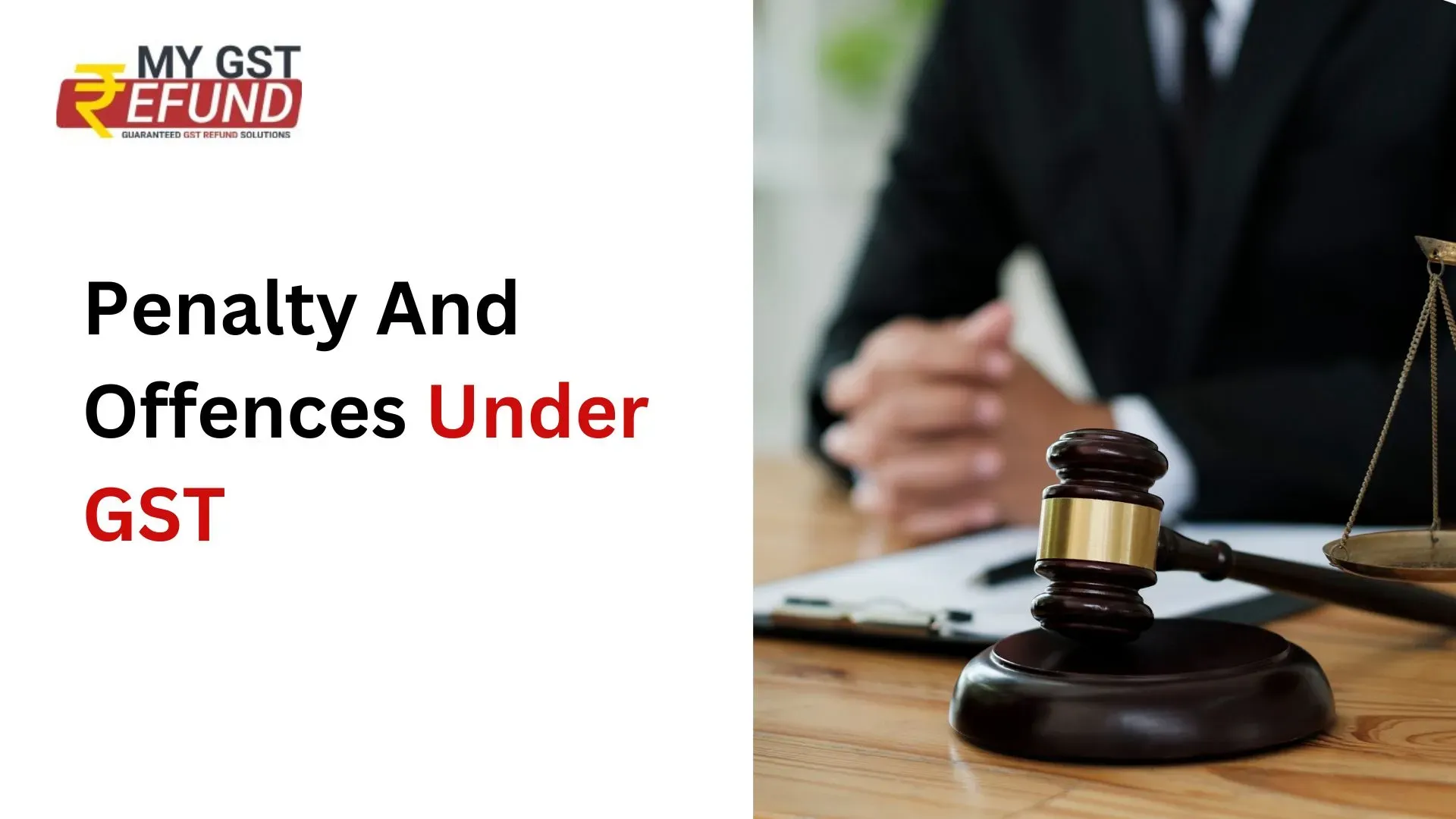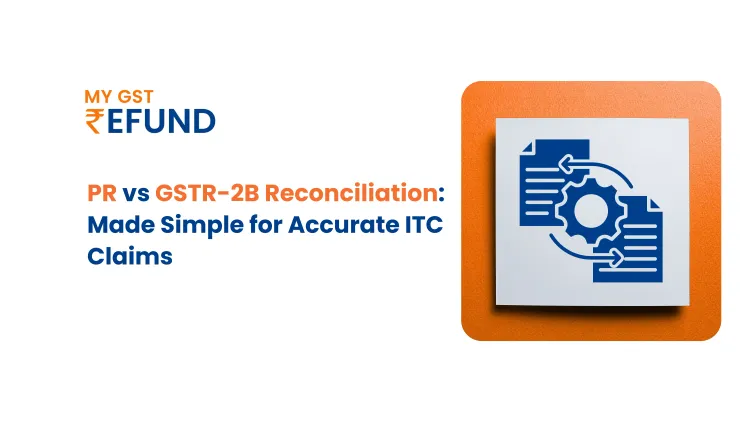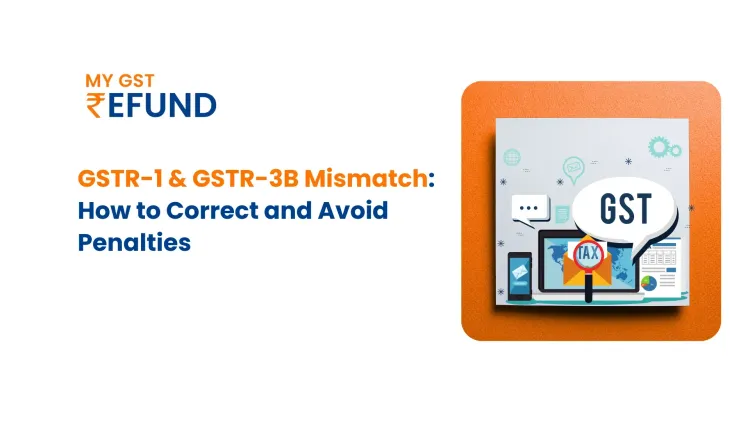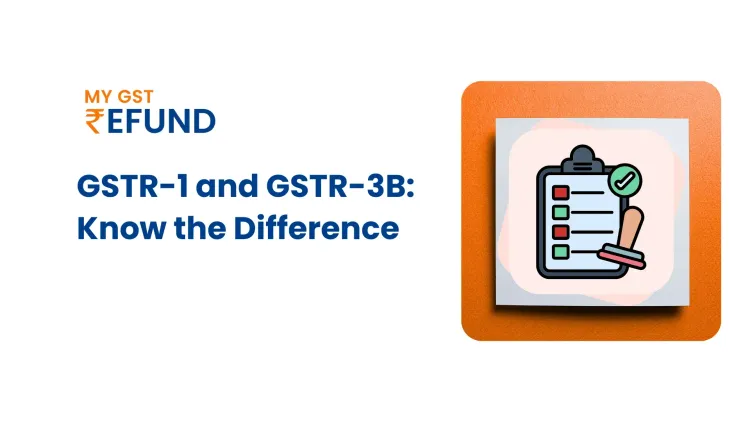Penalty And Offences Under GST
Published on: Thu Feb 15 2024
Bio (Reveal/Hide)

The Goods and Services Tax (GST) in India, while streamlining the taxation system, also imposes strict compliance requirements. Failing to adhere to these regulations can attract hefty penalties and even prosecution.
Common Offences Under GST
Here are some of the most common offenses under GST, along with their corresponding statistics:
Late filing of returns: According to government data, over 1.44 crore taxpayers faced late fees for return filing in 2021-22.
Non-payment or short payment of tax: This offense is estimated to cost the government billions of rupees annually.
Issuing invoices without mentioning HSN codes: As of March 2023, over 1.8 crore such invoices were flagged for scrutiny.
Claiming input tax credit (ITC) without actual purchase: This fraudulent practice is a major concern, with several high-profile cases being unearthed.
Furnishing false information or suppressing facts: This deliberate attempt to evade tax attracts severe penalties.
Penalties for GST Offences
The penalties for GST offenses vary depending on the severity and intent:
For non-fraudulent offenses:
Late filing attracts a late fee of Rs. 100 per day per Act (CGST & SGST), capped at Rs. 5,000.
Non-payment or short payment of tax incurs a penalty of 10% of the tax amount, subject to a minimum of Rs. 10,000.
For fraudulent offenses:
The penalty is 100% of the tax evaded/short deducted, again with a minimum of Rs. 10,000.
Additionally, imprisonment for up to 5 years and prosecution may be initiated.
Procedures for Imposing Penalties
Penalties under GST are imposed through a well-defined process, ensuring fairness and due process for taxpayers. Here's a breakdown of the key steps:
1. Detection of Offence:
GST authorities can detect offenses through various means, including:
Scrutiny of return filings
Audits and inspections
Data analysis and information sharing with other agencies
Complaints or whistleblower reports
When an offense is suspected, the authorities gather evidence and build a case.
2. Show-Cause Notice:
If sufficient evidence exists, the authorities issue a show-cause notice to the taxpayer.
This notice clearly states the suspected offense, relevant provisions of the law, and the proposed penalty.
The notice also provides the taxpayer with an opportunity to respond and present their case within a specified timeframe.
3. Response and Scrutiny:
The taxpayer should carefully review the show-cause notice and prepare a detailed response.
This response should explain their perspective, provide supporting evidence, and address any discrepancies identified by the authorities.
The authorities will thoroughly examine the taxpayer's response and any additional evidence submitted.
4. Order by Authorities:
After considering the show-cause notice and response, the authorities will pass an order.
This order may:
Confirm the penalty as proposed in the show-cause notice.
Reduce or waive the penalty based on mitigating factors presented by the taxpayer.
Dismiss the charges if the evidence is insufficient or no offense is found.
The order will be communicated to the taxpayer in writing, along with the reasoning behind the decision.
5. Appeals Process:
If the taxpayer disagrees with the order, they have the right to appeal.
Appeals can be filed with the Appellate Authority at different levels depending on the nature of the penalty and order.
The appellate authority will review the case and issue a final order, which may uphold, modify, or set aside the original order.
Strategies to Avoid Penalties
Ensure robust internal audits to identify and rectify risks.
Maintain accurate financial statements and inventory records.
Reconcile books with actual GST returns.
Conduct invoice compliance checks before issuing.
Subscribe and regularly review GST portal notifications
Recent Updates
Here are some recent updates regarding penalties and offences under GST:
Expansion of Penalty Provisions: The scope of penalty provisions has been expanded to include recipients of goods as well who enable evasion by suppliers through their transactions.
Higher Penalties for Erroneous ITC Claims: Penalty amounts have been raised for fraudulent Input Tax Credit claims if businesses are unable to reconcile them in tax audits.
Deferred GST Payments Considered Offence: Any delays in payment of GST liability beyond 60 days from the due date, will now be treated as an offense. Earlier the limit was 90 days.
New Offence for Fake Billing Added: The issuance of bills or invoices without actual supply of goods or services, just to claim tax credits, has been introduced as a specific legal offence with a penalty amount.
Aadhaar Mandatory for GST Registration: To tackle the creation of fake entities, Aadhaar authentication and verification have been made mandatory for new GST registration and continuation of existing registrations.
Tax Evasion above ₹5 crores Criminal Offence: Threshold limit reduced from ₹25 crores, making fraudulent non-payment of ₹5 crores or more a criminal offense requiring arrest under CGST Act.
Understanding GST penalties and offenses is crucial for businesses to operate smoothly and avoid unnecessary costs. By adopting a proactive approach to compliance and utilizing available resources, taxpayers can navigate the GST landscape with confidence.
Related Posts





